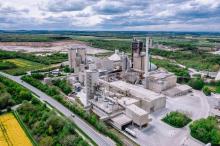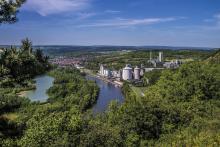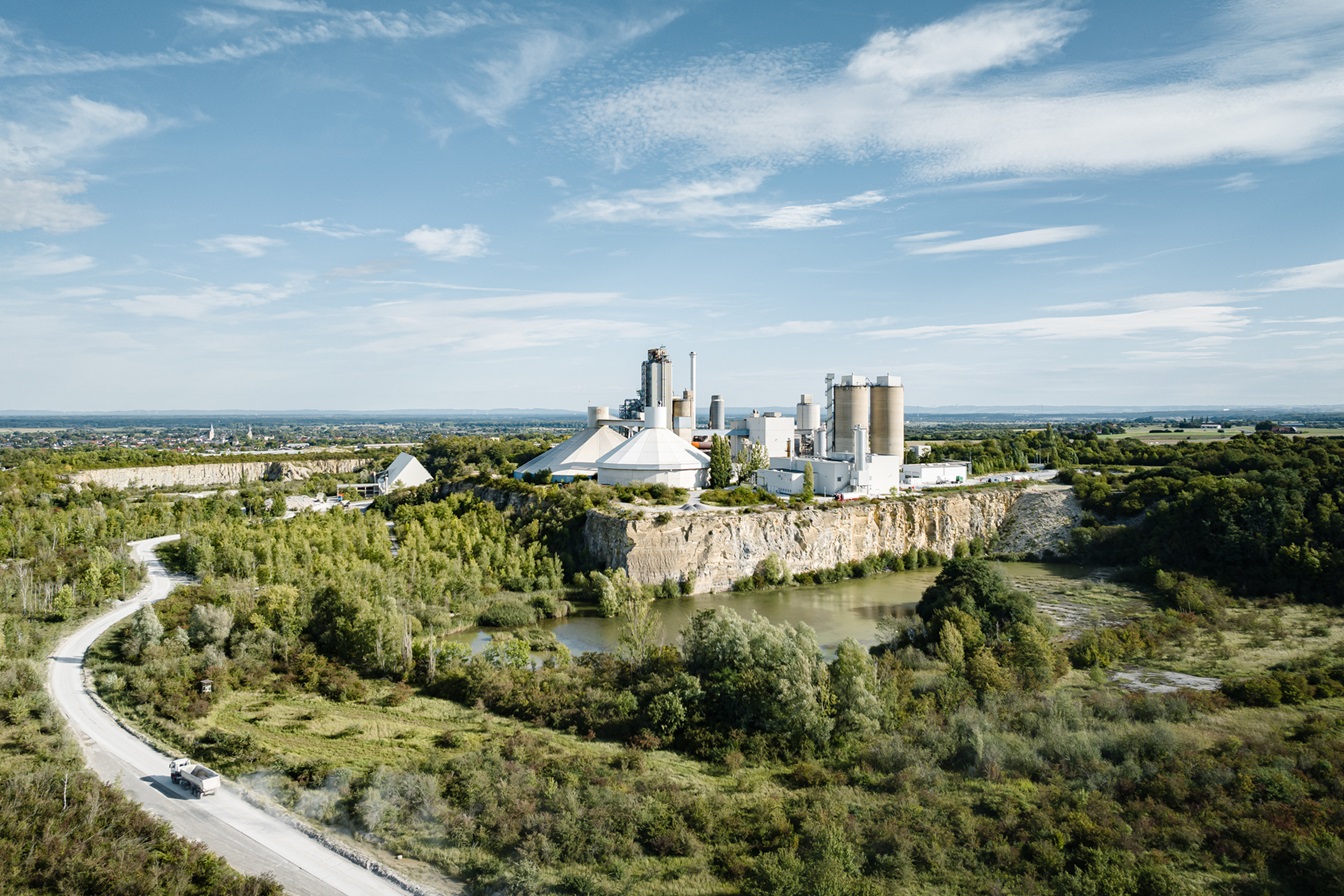
The funding complements substantial investments by the company. Following the successful conclusion of the Grant Agreement, the project will officially be launched on 1 January 2024. Geseke is set to become the first German cement plant to produce carbon-captured, net-zero cement and clinker.
"The successful Grant Agreement demonstrates the relevance of GeZero for the decarbonisation of our sector and the trust that European authorities place in our approach," says Dr Nicola Kimm, Chief Sustainability Officer and Member of the Managing Board of Heidelberg Materials. "We just recently introduced our evoZero brand, the world's first carbon captured net-zero cement on the market. The product will initially be offered through our Brevik CCS project in Norway. Once other capture projects such as GeZero start operations, these plants will also be able to deliver net-zero cement and clinker to customers, significantly speeding up the decarbonisation of our industry."
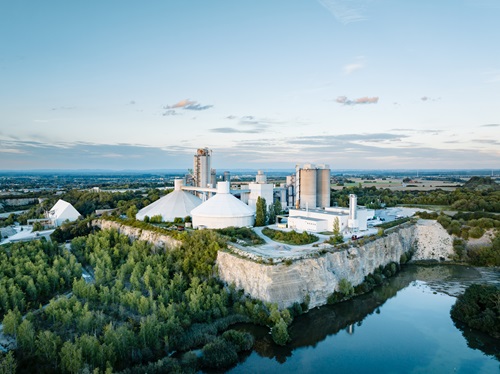
Mona Neubaur, Minister for Economic Affairs, Industry, Climate Action and Energy and Deputy Prime Minister of the State of North Rhine-Westphalia: "About one third of the German cement production is located in North Rhine-Westphalia. We are therefore delighted that the first carbon-free cement plant in Geseke in the district of Soest is a flagship project for a sustainable and climate-neutral future in the cement industry. GeZero shows how climate protection through new technologies and processes can also be achieved in energy-intensive industries. The project represents a decisive step towards a future-proof cement production and the transition to a net-zero industry in North Rhine-Westphalia, Germany and beyond."
In addition to the construction of the capture facility and a new oxyfuel kiln, GeZero's unique approach includes a CO₂ transport solution via train to bridge the gap until the necessary pipeline infrastructure becomes available and is scaled to capture around 700,000 tonnes of CO₂ annually. The CO₂ will be transported to Wintershall Dea's CO₂ hub to be safely stored in the North Sea. Construction of the facility will start in 2026, and commissioning is planned for 2029.
"Together with our partners, we walk the talk and pave the way for CCUS in Germany," says Christian Knell, General Manager Germany of Heidelberg Materials. "GeZero will complement our global project portfolio with a truly unique approach. We are developing a promising novel solution for inland cement sites, with the intention to inspire industry peers and other emission-intensive sectors to follow."
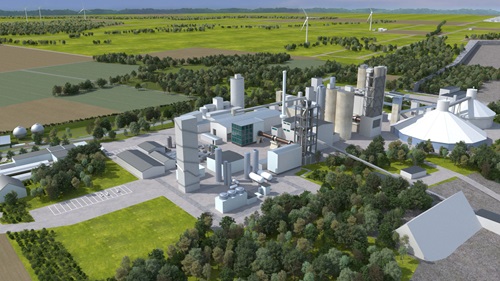
The EU Innovation Fund focuses on flagship projects with European value added that can bring significant emission reductions. In response to its third call for large-scale projects, the European Commission had received 239 applications. Thirty-seven were selected for funding and have signed the Grant Agreement. Heidelberg Materials' ANRAV projects in Bulgaria received backing from the EU Innovation Fund last year. The project aims to establish the first full-chain CCUS facility in Eastern Europe, with a capture capacity of about 800,000 t CO₂ per year starting from 2028.

